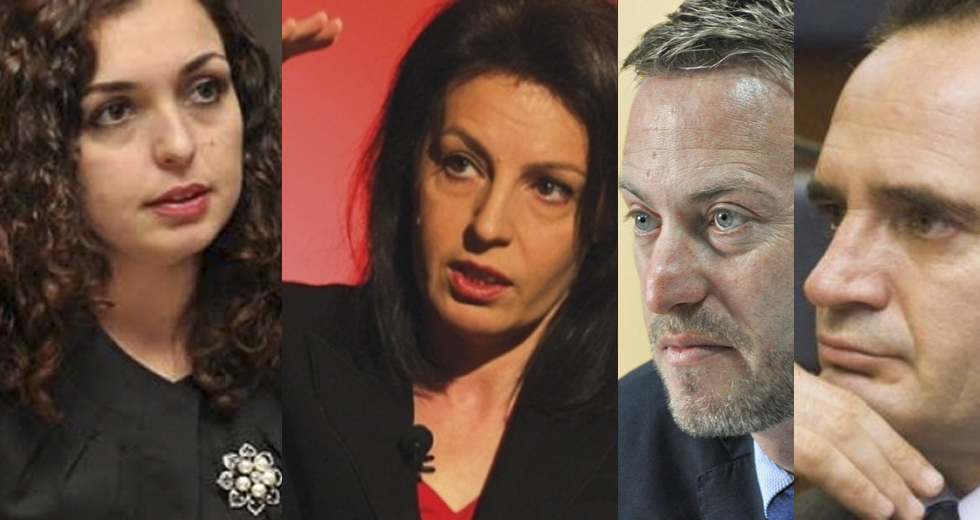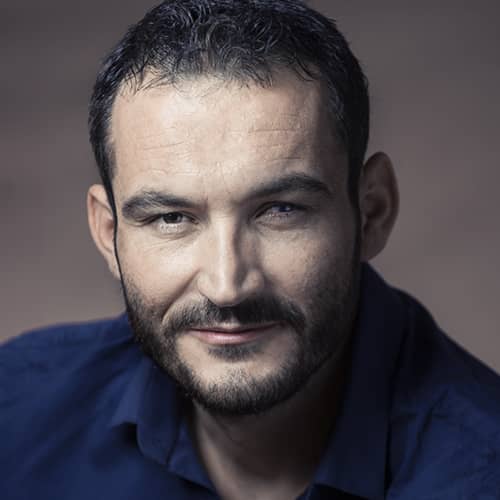
Challenging party politics
Politicians risking marginalization by voicing independent views.
“There is no ideology in Kosovo’s parties except Vetevendosje which is a left wing party. Other parties have no ideology because they do not take ideology seriously.”
Ilir Deda
Eraldin Fazliu
Eraldin Fazliu is a former journalist at Kosovo 2.0. Eraldin completed his Master’s on ‘European Politics’ at the Masaryk University in the Czech Republic in 2014. Through his studies Eraldin became interested in the EU’s external policies, particularly in promotion of the rule of law externally. He is a passionate reader of politics and modern history.
This story was originally written in English.